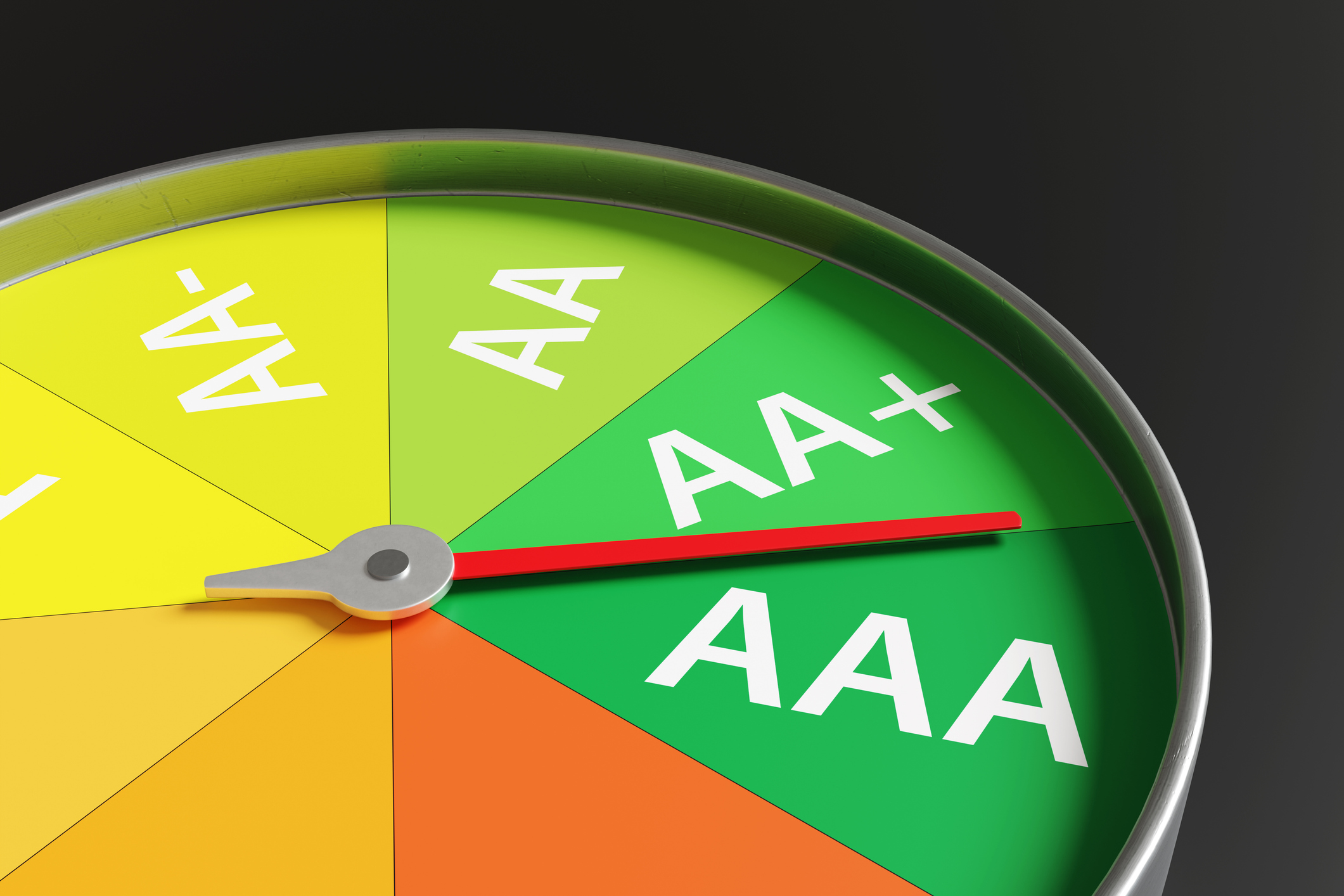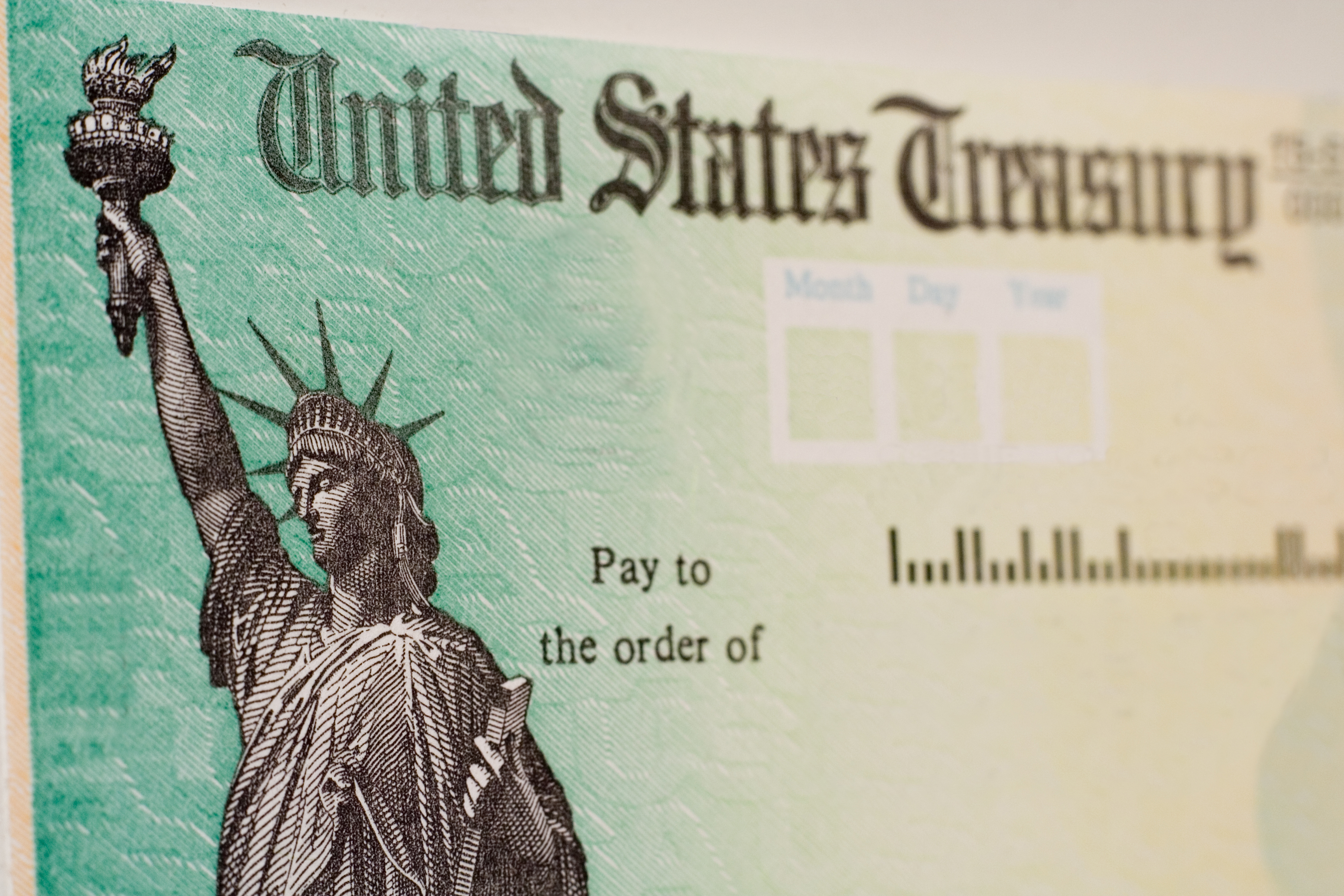Tracking Down Missing Savings Bonds
You have a couple of ways to locate lost or misplaced savings bonds.

Profit and prosper with the best of Kiplinger's advice on investing, taxes, retirement, personal finance and much more. Delivered daily. Enter your email in the box and click Sign Me Up.
You are now subscribed
Your newsletter sign-up was successful
Want to add more newsletters?

Delivered daily
Kiplinger Today
Profit and prosper with the best of Kiplinger's advice on investing, taxes, retirement, personal finance and much more delivered daily. Smart money moves start here.

Sent five days a week
Kiplinger A Step Ahead
Get practical help to make better financial decisions in your everyday life, from spending to savings on top deals.

Delivered daily
Kiplinger Closing Bell
Get today's biggest financial and investing headlines delivered to your inbox every day the U.S. stock market is open.

Sent twice a week
Kiplinger Adviser Intel
Financial pros across the country share best practices and fresh tactics to preserve and grow your wealth.

Delivered weekly
Kiplinger Tax Tips
Trim your federal and state tax bills with practical tax-planning and tax-cutting strategies.

Sent twice a week
Kiplinger Retirement Tips
Your twice-a-week guide to planning and enjoying a financially secure and richly rewarding retirement

Sent bimonthly.
Kiplinger Adviser Angle
Insights for advisers, wealth managers and other financial professionals.

Sent twice a week
Kiplinger Investing Weekly
Your twice-a-week roundup of promising stocks, funds, companies and industries you should consider, ones you should avoid, and why.

Sent weekly for six weeks
Kiplinger Invest for Retirement
Your step-by-step six-part series on how to invest for retirement, from devising a successful strategy to exactly which investments to choose.
I am pretty sure my parents purchased a $500 savings bond for my daughter when she was born. Unfortunately, they have passed on, and I don’t know where it is. How can I check to see if there is one out there?
See Our Slide Show: 8 Places to Find Free Money
The Bureau of the Public Debt can help you track down lost savings bonds. Start by using the Treasury Hunt tool to search for any Series E bonds issued in 1974 or later that have reached maturity and are no longer earning interest, or savings bonds that were returned to the Treasury as undeliverable, or other registered Treasury notes and bonds.
The Treasury Hunt tool is not comprehensive, however. If you don’t find the savings bond in that database, go to TreasuryDirect.gov and download Form 1048, Claim for Lost, Stolen or Destroyed U.S. Savings Bonds. Fill out as much information as you can, including the bond owner’s name, address and Social Security number; the approximate issue date; the serial number, if available; and any other details about the bond. (If the bond was received as a gift, the form asks for both the bond owner’s and the purchaser’s Social Security number.) Then go to a bank and have the form certified, and send it to the address listed on the form based on the type of bond. (You may be able to narrow down what type of bond it is based on the time frame. For example, H bonds were last issued in December 1979, and HH bonds were issued from 1980 through August 2004. See the History of the Savings Bonds Program table for a list of dates when each type of bond was available.)
From just $107.88 $24.99 for Kiplinger Personal Finance
Become a smarter, better informed investor. Subscribe from just $107.88 $24.99, plus get up to 4 Special Issues

Sign up for Kiplinger’s Free Newsletters
Profit and prosper with the best of expert advice on investing, taxes, retirement, personal finance and more - straight to your e-mail.
Profit and prosper with the best of expert advice - straight to your e-mail.
If you had the serial number, the Bureau of the Public Debt would be able to track down and reissue your bonds in as few as three to four weeks. But otherwise, the process could take months. For more information about tracking down other kinds of lost cash, see 8 Places to Find Free Money.
Billions of dollars in savings bonds have stopped earning interest but haven’t been cashed. For more information about the number of years each type of savings bond earns interest, see Treasury Securities That Have Stopped Earning Interest.
Profit and prosper with the best of Kiplinger's advice on investing, taxes, retirement, personal finance and much more. Delivered daily. Enter your email in the box and click Sign Me Up.

As the "Ask Kim" columnist for Kiplinger's Personal Finance, Lankford receives hundreds of personal finance questions from readers every month. She is the author of Rescue Your Financial Life (McGraw-Hill, 2003), The Insurance Maze: How You Can Save Money on Insurance -- and Still Get the Coverage You Need (Kaplan, 2006), Kiplinger's Ask Kim for Money Smart Solutions (Kaplan, 2007) and The Kiplinger/BBB Personal Finance Guide for Military Families. She is frequently featured as a financial expert on television and radio, including NBC's Today Show, CNN, CNBC and National Public Radio.
-
 5 Vince Lombardi Quotes Retirees Should Live By
5 Vince Lombardi Quotes Retirees Should Live ByThe iconic football coach's philosophy can help retirees win at the game of life.
-
 The $200,000 Olympic 'Pension' is a Retirement Game-Changer for Team USA
The $200,000 Olympic 'Pension' is a Retirement Game-Changer for Team USAThe donation by financier Ross Stevens is meant to be a "retirement program" for Team USA Olympic and Paralympic athletes.
-
 10 Cheapest Places to Live in Colorado
10 Cheapest Places to Live in ColoradoProperty Tax Looking for a cozy cabin near the slopes? These Colorado counties combine reasonable house prices with the state's lowest property tax bills.
-
 How Are I Bonds Taxed? 8 Common Situations to Know
How Are I Bonds Taxed? 8 Common Situations to KnowBonds Series I U.S. savings bonds are a popular investment, but the federal income tax consequences are anything but straightforward.
-
 How Are I Bonds Taxed? Nine Common Situations
How Are I Bonds Taxed? Nine Common SituationsBonds Series I bonds are a popular investment that can help you save on taxes, but the federal income tax consequences can be complex.
-
 5 Ways to Shop for a Low Mortgage Rate
5 Ways to Shop for a Low Mortgage RateBecoming a Homeowner Mortgage rates are high this year, but you can still find an affordable loan with these tips.
-
 Bond Ratings and What They Mean
Bond Ratings and What They Meaninvesting Bond ratings measure the creditworthiness of your bond issuer. Understanding bond ratings can help you limit your risk and maximize your yield.
-
 Bond Basics: U.S. Savings Bonds
Bond Basics: U.S. Savings Bondsinvesting U.S. savings bonds are a tax-advantaged way to save for higher education.
-
 Bond Basics: Treasuries
Bond Basics: Treasuriesinvesting Understand the different types of U.S. treasuries and how they work.
-
 Bond Basics: Ownership
Bond Basics: Ownershipinvesting Bonds come in a variety of forms, but they all share these basic traits.
-
 Bond Basics: Pick Your Type
Bond Basics: Pick Your Typeinvesting Bonds offer a variety of ways to grow wealth and fortify your portfolio. Learn about the types of bonds and how they work.